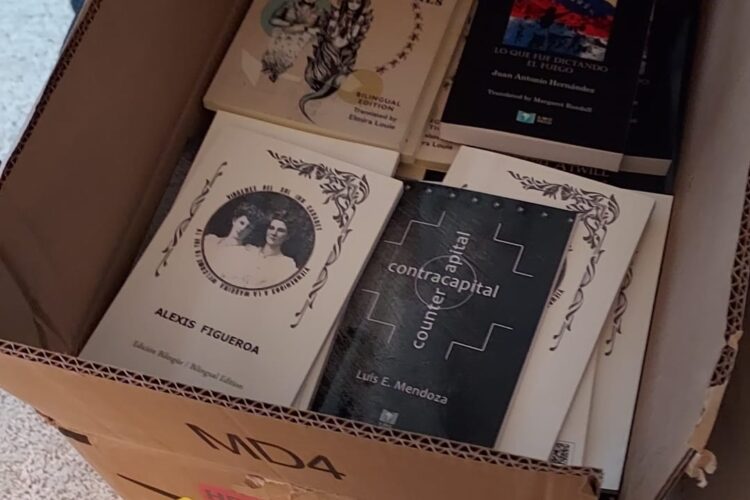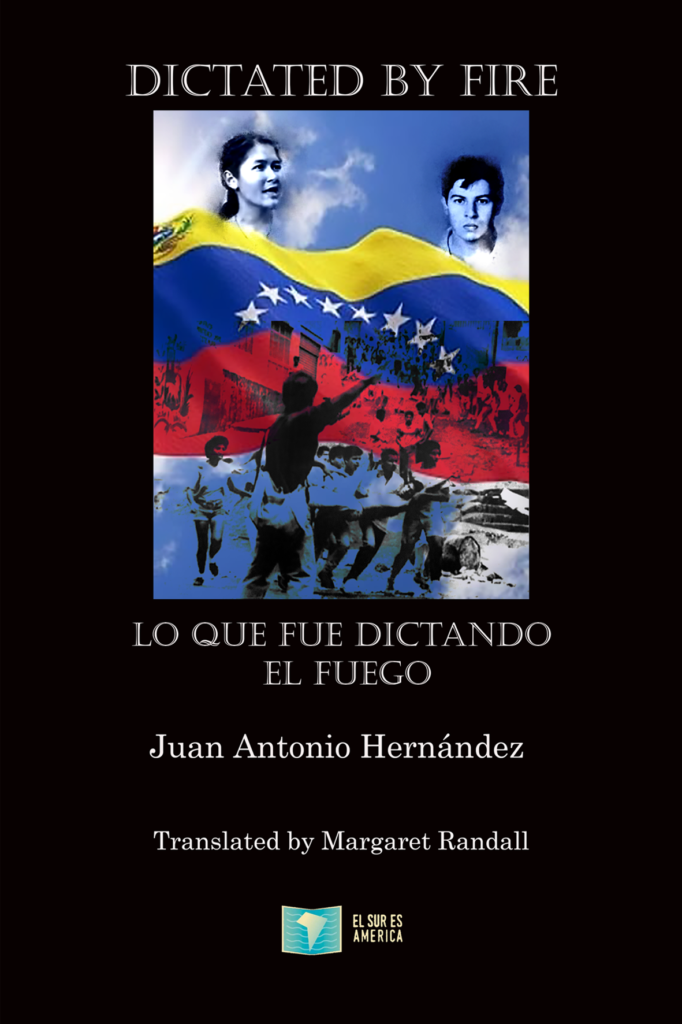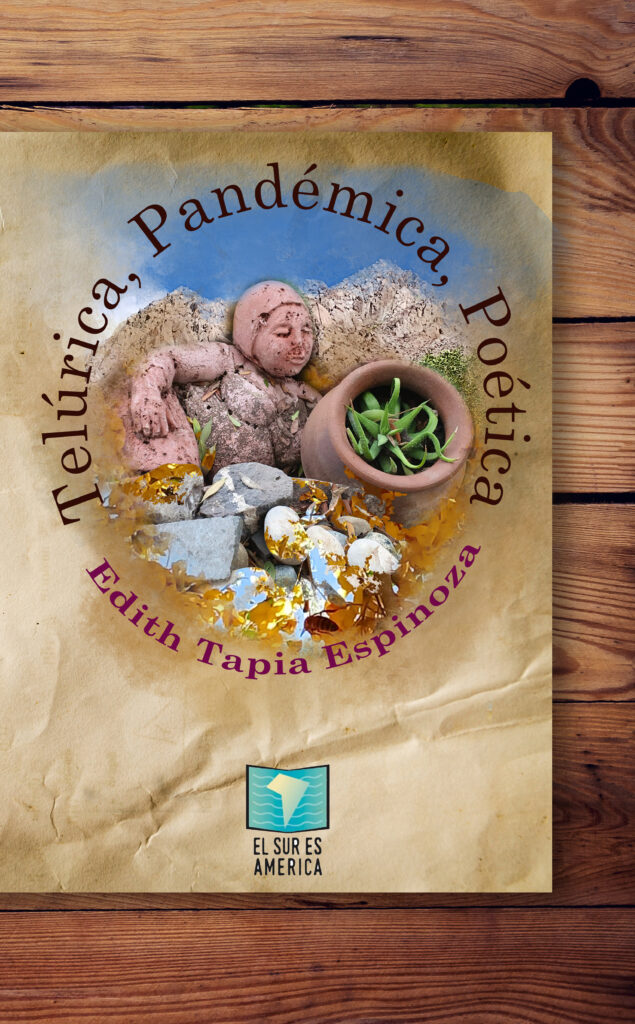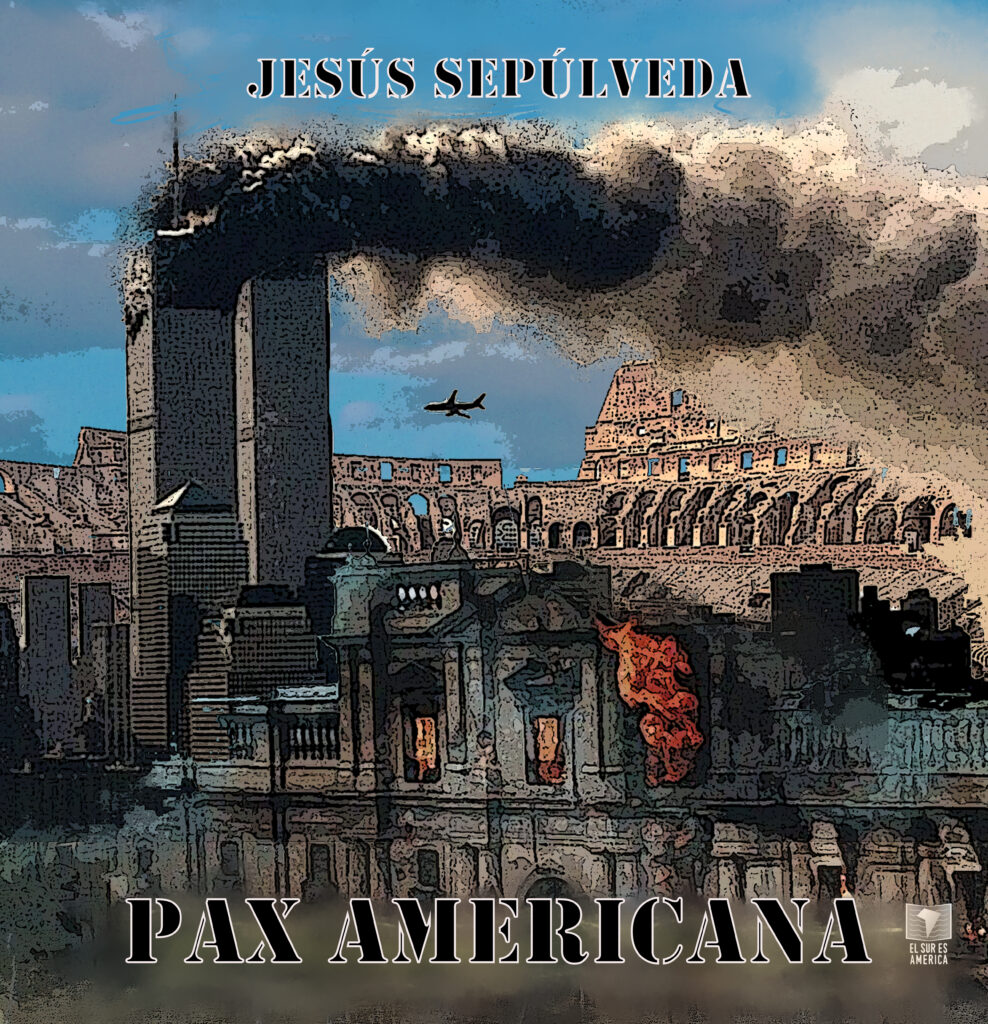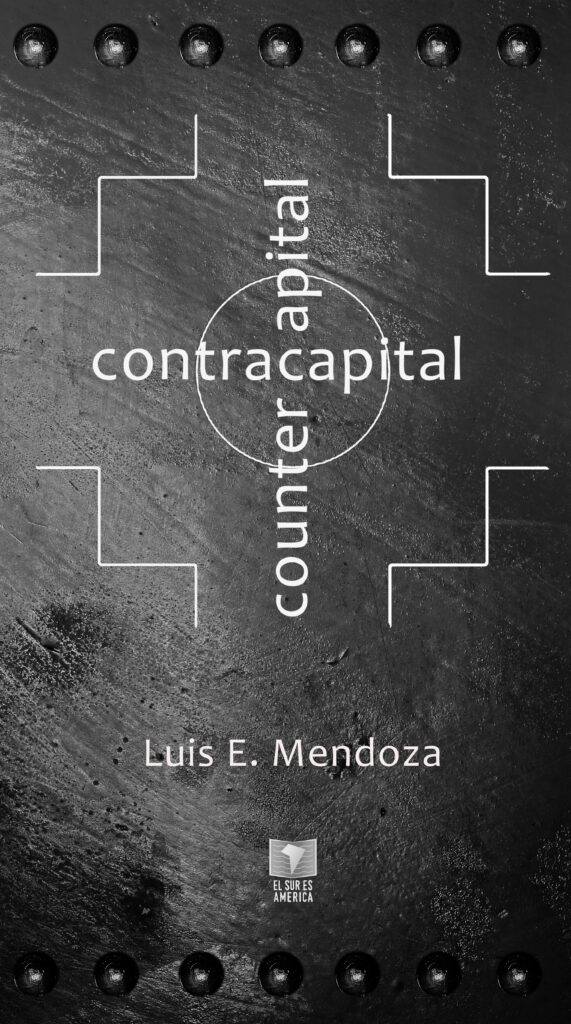Se cumple otro ciclo estelar, la órbita del sol llega a su punto de equidad y marca el cambio de estación, alargando los días en el norte y las noches en el sur.
Ha sido un tiempo fructífero, que nos ha permitido una abundante cosecha de media estación. Celebramos entonces la llegada de nuestros nuevos textos:
Another stellar cycle is completed, the orbit of the sun reaches its point of equity and marks the change of season, lengthening the days in the north and the nights in the south.
It has been a fruitful time, which has allowed us an abundant mid-season harvest. We then celebrate the arrival of our new texts:
En Agosto del año pasado sacamos la primera edición bilingüe de la novela, Lo que fue Dictando el Fuego, escrita por el autor venezolano, Juan Antonio Hernández y traducida por Margaret Randall como Dictated by Fire, que relata el contexto de la explosión social en Venezuela el 27 de Febrero de 1989 y los días siguientes, llamado el Caracazo, un evento relativamente pequeño en términos globales o incluso latinoamericanos, pero, que como una repentina brisa fría en una tarde de finales de estío, sugería que el interminable verano del neoliberalismo, tarde o temprano, llegaría a su fin. Esta edición cuenta con un épilogo escrito por el profesor John Beverley.
In August of last year we released the first bilingual edition of the novel, Lo que fue dictando el fuego, written by the Venezuelan author, Juan Antonio Hernández and translated by Margaret Randall as Dictated by Fire, which recounts the context of the social explosion in Venezuela on February 27, 1989 and the following days, called the Caracazo, a relatively small event in global or even Latin American terms, but, like a sudden cold breeze on a late summer afternoon, suggested that the endless summer of neoliberalism, sooner or later, it would come to an end. This edition has an afterword written by Professor John Beverley.
Luego, ese mismo agosto, presentamos la obra de la maestra, escritora, bordadora y artesana, Edith Tapia Espinoza, Telúrica, Pandémica, Poética, un corpus, que quiere ser cuerpa, creado al amparo de la cuarentena que nos cuenta y reflexiona sobre las humanas vicisitudes experimentadas durante el estallido social vivido en Santiago de Chile y la pandemia subsecuente. Esta publlicación inaugura nuestra corrección Terral que agrupa textos que habitan el universo Mistraliano (referido a la gran poeta chilena, Gabriela Mistral).
Afterwards, that same August, we presented the work of the teacher, writer, embroiderer and artisan, Edith Tapia Espinoza, Telúrica, Pandémica, Poética, a corpus, which wants to be a body, created under the protection of the quarantine that tells and reflects on the human vicissitudes experienced during the social outbreak experienced in Santiago de Chile and the subsequent pandemic. This publication inaugurates our Terral collection that groups texts that inhabit the Mistralian universe (referring to the great Chilean poet, Gabriela Mistral).
Después, en Septiembre, salió Pax Americana, una edición bilingüe que reúne una serie de poemas políticos de Jesús Sepúlveda, reconocido poeta chileno radicado en el estado de Oregón, Estados Unidos. Esta edición Castellano/inglés representa la sensibilidad de un escritor comprometido con su tiempo y acerca a los lectores hispanos y angloparlantes a una fase crucial de la vasta obra poética de Sepúlveda y su historia.
Then, in September, Pax Americana came out, a bilingual edition that brings together a series of political poems by Jesús Sepúlveda, a well-known Chilean poet living in the state of Oregon, United States. This Spanish / English edition represents the sensibility of a writer committed to his time and brings Hispanic and English-speaking readers closer to a crucial phase of Sepúlveda’s vast poetic work and his story.
Más recientemente, en febrero de este 2023, hemos reeditado, en formato bilingüe un poema del autor peruano, Luis E. Mendoza, Contracapital /Countercapital (2016) un texto que no tematiza el capitalismo a secas sino más bien nuestras relaciones contradictorias de apego y desapego sobre aquello que poseemos de forma elusiva: el capital. Este poema es el más experimental por su disonancia rítmica, su impronta nomádica-indígena, y por la yuxtaposición de sus temas y tonos: una lírica intersubjetiva, una épica objetivizante y su crítica fractal a la modernidad desde una mirada decolonial, del castellano al inglés, un testimonio de la continua agudización de nuestras contradicciones. Esta edición bilingüe cuenta con el prólogo de la escritora Tessa M. Stamm, quien también ha participado en la traducción del poema.
More recently, in February 2023, we have republished, in a bilingual format, a poem by the Peruvian author, Luis E. Mendoza, Contracapital /Countercapital (2016), a text that does not thematize capitalism in its own right, but rather our contradictory relationships of attachment and detachment from what we possess in an elusive way: capital. This poem is the most experimental for its rhythmic dissonance, its nomadic-indigenous imprint, and for the juxtaposition of its themes and tones: an intersubjective lyric, an objectifying epic, and its fractal critique of modernity from a decolonial perspective, from Spanish to English, a testimony of the continuous sharpening of our contradictions. This bilingual edition has a foreword by the writer Tessa M. Stamm, who has also participated in the translation of the poem.
DIsfrutente nuestros libros libres, textos con contexto / Enjoy our independent books, texts with context…

